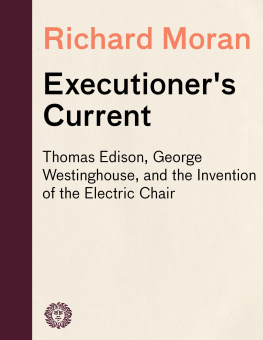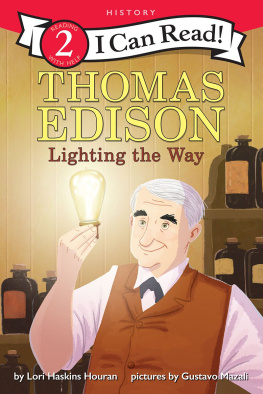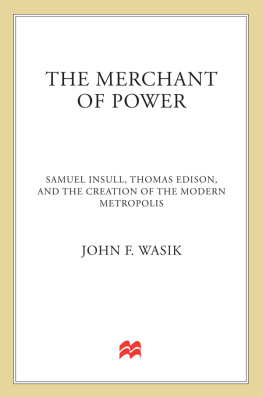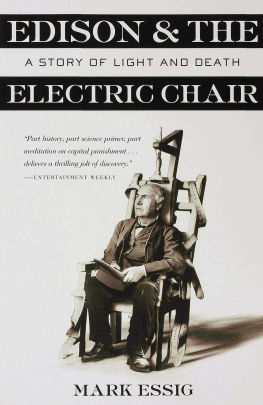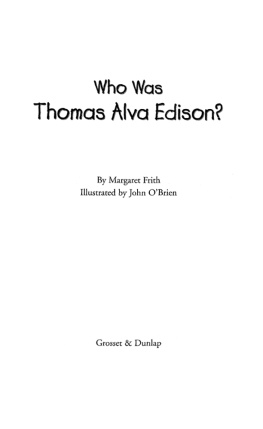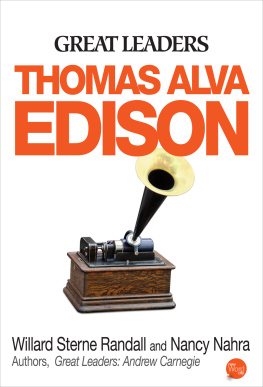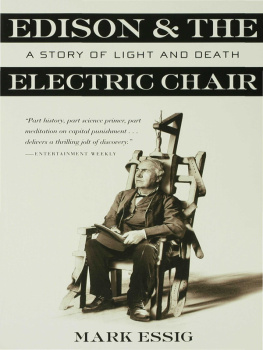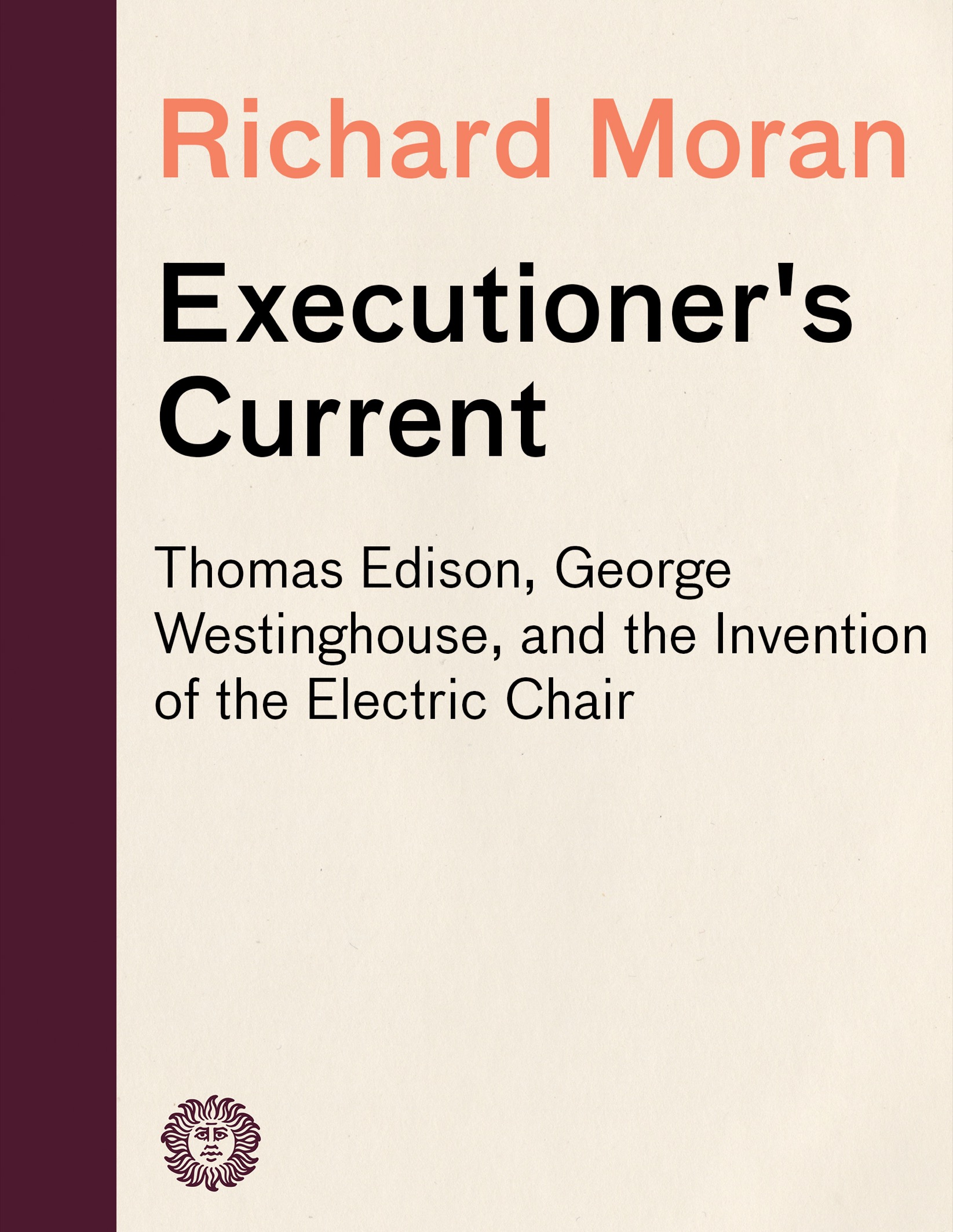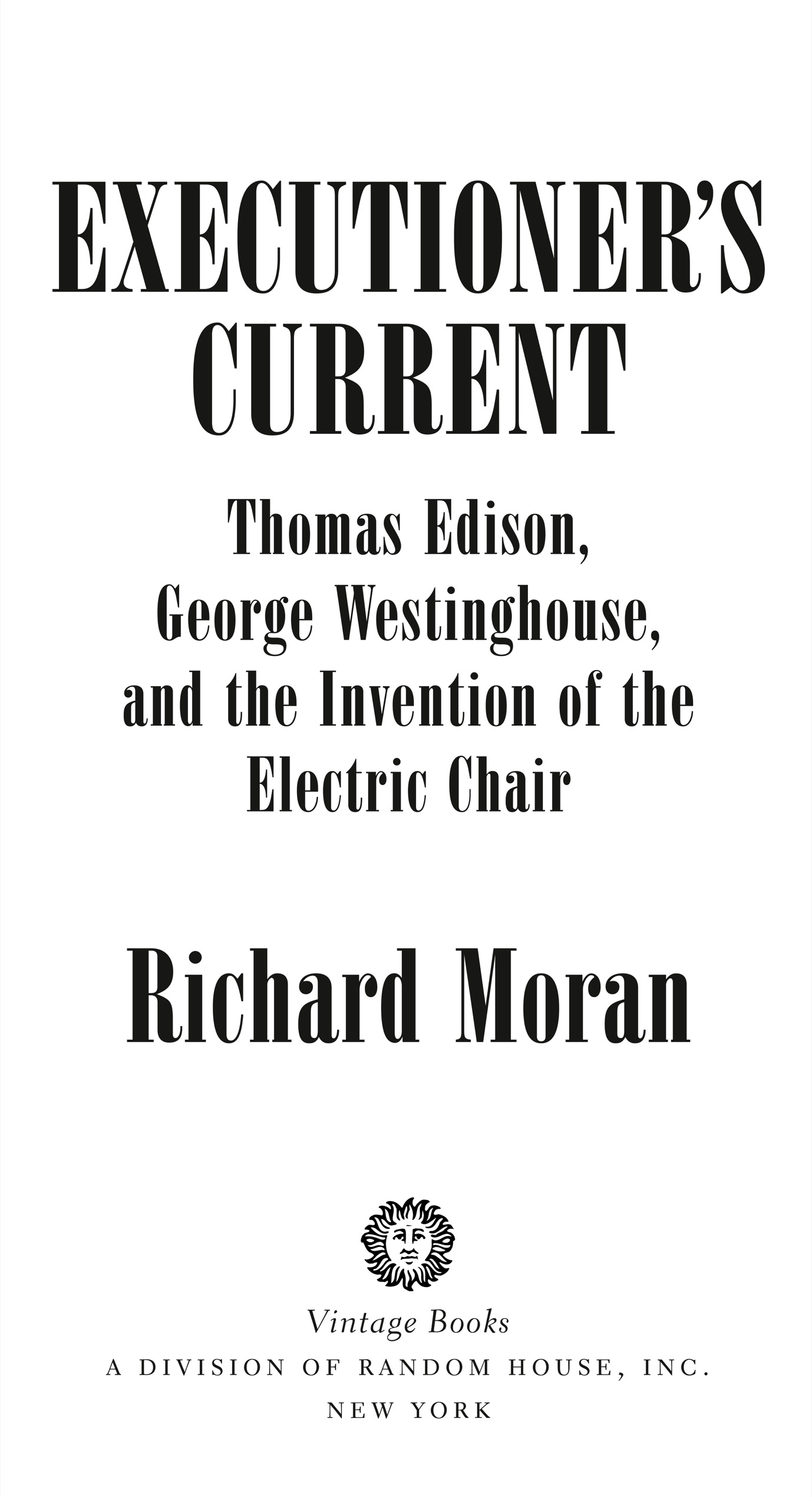Contents
Landmarks
Contents
To
Danielle
AND
Austin
Acclaim for Richard Morans
EXECUTIONERS CURRENT
A remarkable account.... A fantastic tale, well told. Forbes
An engaging analysis of the relationship between electrocution and the personal and corporate battles waged between Edison and Westinghouse. Louis P. Masur, Chicago Tribune
Richard Moran shows us not only how the death penalty in America affects condemned prisoners, but also how it is used by powerful interests in our society to further their own political and economic ends.... Five stars, and three cheers, for Professor Moran! Sister Helen Prejean, author of Dead Man Walking
Riveting.... Moran [has a] lively reportorial style.... In this narrative of callous ambition and hypocrisy, a condemned criminal plays an unexpectedly dignified role. Seattle Weekly
Compelling.... Reads like pages torn from todays headlines about nefarious CEOs and corporate greed. Albany Times Union
Haunting.... Incisive.... A chilling look at something that has become a too-common theme of modern times: the use of technology to develop new ways of killing. Roanoke Times
An eye-opening and riveting account of the battle for the future of electricity and the part it played in changing the technology of execution. Wilmington Sunday News Journal
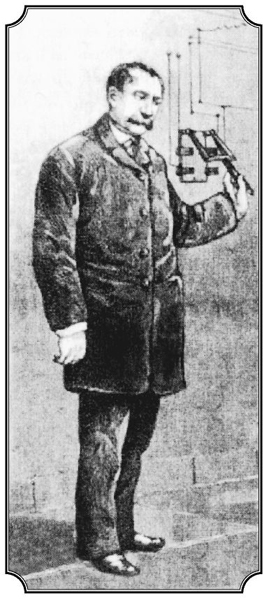
ACKNOWLEDGMENTS
I WOULD LIKE TO THANK the following people. Gil Geis researched the Kemmler case at one time and provided me with material for my initial foray into the subject. Over the years he has been both friend and mentor.
My friend Richard Wright has provided me with his scholarly advice and oversight since we first met in 1978 at the Institute of Criminology, University of Cambridge, and during the almost five years I did commentary for National Public Radio. Id like to take this occasion to thank him.
My friend James Lawrence is a superb editor who was always available to help me clarify my thoughts.
Dennis Longmire, a professor of criminal justice at Sam Houston University, accompanied me to the execution in Huntsville, Texas.
Marc Kristal is a New York City screenwriter and journalist, whose encouragement, advice, friendship, and own enduring interest in the first electrocution proved invaluable.
Alfred and Timothy Kemmler, the great-grandnephew and great-great-grandnephew of William Kemmler, shared with me their family history and have been extremely supportive of this project.
Bryan Goodwin, the reference librarian at Mount Holyoke College, was able to find many important resources that would have otherwise eluded me.
George Tselos, an archivist at the Edison National Historic Site, graciously gave of his time and knowledge during my many trips to the Edison site during the 1990s. His successor, Leonard DeGraaf, continued the tradition.
Paul Fuller did historical research at the Buffalo Historic Society, providing me with information on Buffalo in the 1880s, and, in a fine piece of detective work, uncovered the transcript of Kemmlers trial, long thought to be nonexistent.
Deborah Denno, a professor at Fordham Law School, read the legal parts of the manuscript. The leading expert on constitutionality of methods of executions, she graciously offered her wisdom and expertise.
Larry Fleischer, attorney and adjunct professor at New York University and City College, offered me his knowledge of late-nineteenth-century criminal law and courtroom procedure in New York State. He was also a constant source of bibliographic information.
My colleague Howard Nicholson, professor of physics at Mount Holyoke College, answered my numerous questions about direct and alternating current.
My editor at Knopf, Jane Garrett, provided the right mixture of personal and professional qualities, prodding, and support that every author needs to see a project to completion.
And to my wife Danielle Federa, on whom not enough appreciation can be bestowed.
I also benefited from several former editors of the Mount Holyoke News, who worked for me as student assistants and during the summer. Elizabeth Cook worked as my student assistant and summer researcher when she was a student at Mount Holyoke and later edited the manuscript. Her contribution was especially significant; she offered many helpful suggestions and helped to move the manuscript along. Becky Mazur worked for me as a student assistant and during the summer and did a substantial amount of work for chapter 2 on the lives of Edison and Westinghouse. Sarah Gamble worked for me during the summer as a research assistant and helped with the organization of the book. Kate Schmeckpeper worked for me as a student assistant during the final stages of the manuscript, giving tirelessly of her time and considerable skills. Other Mount Holyoke students were invaluable: Julie Rubin, who helped research and analyze chapter 6 on the evidentiary hearing; Amy Cortright and Katie Herrold, who worked for me as student assistants, were both unusually helpful; Lisa George, who worked for me as a student researcher as well as part of the summer, provided valuable assistance. They are all now former students and current friends.
Pat Kuc made sure that things got to the publisher on time.
Fluffy, an orphan mallard duck, appeared one day alone near the waterfall. We adopted each other and during the summer of 2000 she sat at my feet while I worked on the computer. In the fall she successfully returned to the wild, her job completed.
And, finally, thanks to my twelve-year-old son, Austin, who when just five or six years old would come into my study to offer suggestions and helpful hints, and who, in the last six months, pushed me to finish by remarking out of the blue, So, Dad, have you finished the book yet?
A NOTE ON TERMINOLOGY
WILLIAM KEMMLER was the first person ever to be electrocuted. The actual words electrocuted and electrocution, however, were rarely used by his contemporaries. These terms came into use only after Kemmlers execution, and after much experimentation.
Once New York State had decided that it would execute its condemned prisoners by electricity, letters poured in to popular publications with suggestions about exactly what term should be used to designate an execution by electricity. The New York Times called the search for an appropriate word a desideratum, and newspapers published letters submitting the terms Browned, Gerrycide, and Westinghoused after prominent players in the origin of the electric chair. Edisons lawyer wrote to his legal partner with an elaborate explanation of what he considered to be the correct etymology:
I think that the words which Mr. Edison suggests, namely, ampermort, dynamort and electromort are all open to the same objection, as proposed words to signify the act of execution by electricity. The trouble lies in the termination. The termination mort does in fact come from the Latin mors, but carries with it the signification of death only, that is to say, simple, passive death, with no idea involved in it of being put to death... I have formed a word from the word electrica (which is the Latin form of the Greek meaning amber) and the word

